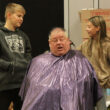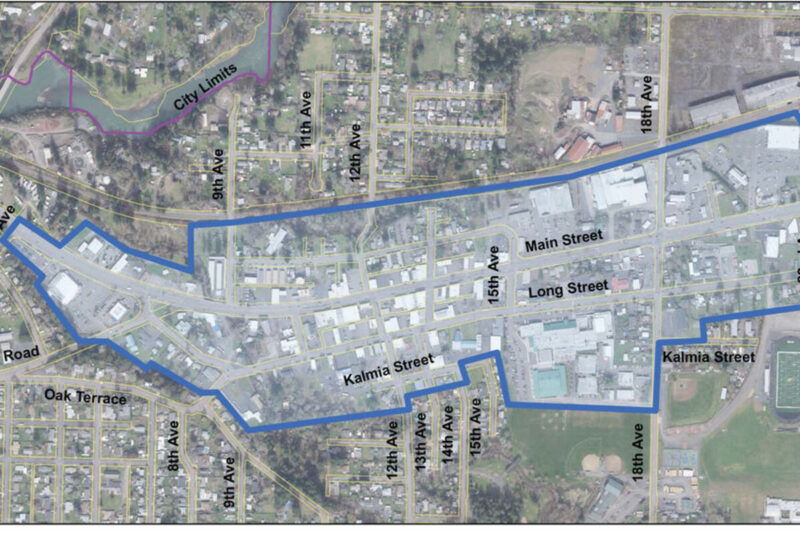Sean C. Morgan
The Sweet Home City Council last week approved an ordinance that will allow police officers to exclude people from the downtown area after they are cited or arrested for a third offense in a year.
The council held the third reading and voted 5-2 to approve the ordinance, creating an “enhanced law enforcement area,” at its regular meeting on Jan. 14.
Voting to approve the ordinance were Susan Coleman, Diane Gerson, James Goble, Mayor Greg Mahler and Dave Trask. Voting against it were Cortney Nash and Lisa Gourley.
Nash told the council that he wanted to see additional zones throughout the city to help out people in the outlying areas. Gourley opposed the concept.
The ordinance drew public comments in both support and opposition late last year.
Some residents said they were worried that offenders excluded from the downtown area would begin committing crimes in the residential areas, while others were concerned that it targets homeless people living on the street. Others expressed concerns that offenders would not be able to access needed services, such as the warming shelter at the Sweet Home Church of the Nazarene.
Supporters argued that the ordinance would give police the tools they need to clean up illegal behavior in the downtown area.
The exclusion zone includes Main Street from 4th Avenue to 22nd Avenue, Nandina Street between 9th and 15th avenues and Long Street from Highway 228 to 22nd Avenue. It also includes 18th Avenue from Kalmia Street to the railroad tracks.
Under the ordinance, anyone cited or arrested three or more times in a 12-month period may be issued an expulsion notice prohibiting access to the area for 30 days. Subsequent exclusions will last 90 days.
The ordinance lists 25 crimes and violations that may result in exclusion. The offenses include homicide, rape, menacing, harassment, intimidation, disorderly conduct, discharge of weapons, providing liquor, minor in possession of alcohol, assault, sexual abuse, public indecency, controlled substance violations, criminal mischief, criminal mistreatment, unlawful use of a weapon, prostitution, theft, littering, arson, purchasing sex with a minor, urinating or defecating in public places, consumption of alcohol in public areas and any attempt or conspiracy to attempt any of the other offenses.
Those subject to an expulsion notice have the right to appeal.
If police officers find a person excluded from the area, the offender may be arrested for second-degree criminal trespass.
A person may pass through the area in a vehicle, and with a variance issued by the police chief or Municipal Court for a variety of purposes, including visiting the residence of a family member, work, to meet an attorney, to attend drug and alcohol treatment, to attend church, to attend a public meeting, to attend a court hearing or any activity ordered by the court or to obtain social or medical services.





